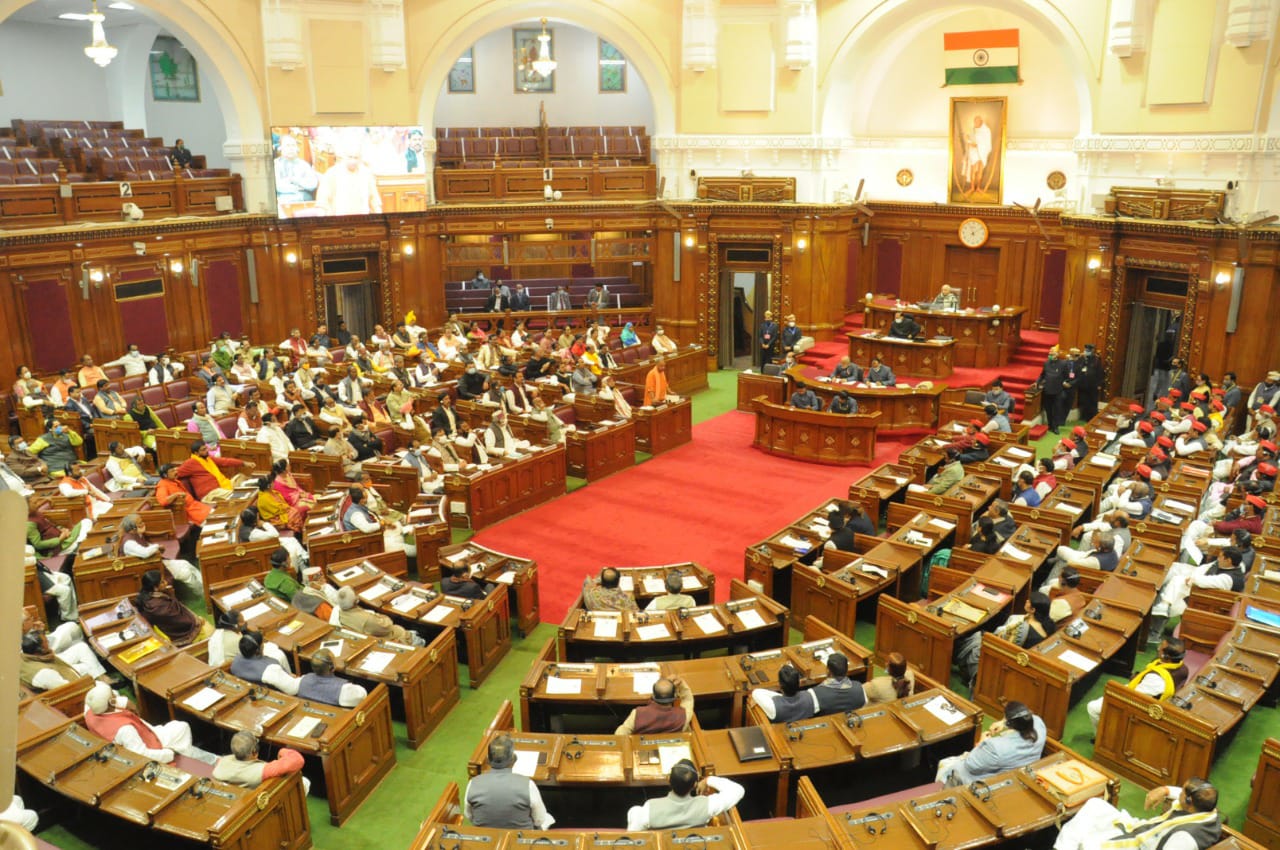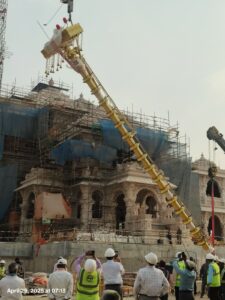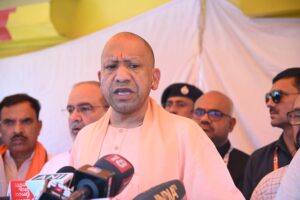Lucknow, 8 Aug: For the first time in 65 years, the Uttar Pradesh Legislative Assembly is about to reform itself with a new set of rules. These new laws seek to not only set stricter behaviour requirements for assembly members, but also to bring in a more digitised method to doing House business. Members will no longer be permitted to enter the Assembly with mobile phones, guns, flags, or banners.
Notably, uproar occurred before when some members aired live recordings from within the assembly on Facebook. The planned “Rules of Procedure and Conduct of Business of Uttar Pradesh Legislative Assembly, 2023” will replace the old “Rules of Procedure and Conduct of Business of UP Legislative Assembly, 1958.”
Because of earlier incidents of unruly behaviour, the new regulations prevent members from ripping any documents on Assembly grounds.
Furthermore, the timeframe for sending summons to members, which was previously fixed at 14 days before the Governor’s summons, will now be reduced to seven days.
Furthermore, formerly confined to newspapers, gazettes, or wire services, the method for transmitting information will also encompass “electronic communication.”
Responses to questions will be posted online half an hour before the session begins, allowing all attendees, not just the member who asked the question, convenient access. Members will be prohibited from turning their backs on the speaker’s chair or approaching the speaker’s seat independently, as indicated in the proposed standards.
The usual display of placards and banners within the Assembly will be prohibited. Distribution of any material, inquiries, publications, or press releases unrelated to the operation of the House is likewise prohibited. Members will also be expected to keep a fair level of noise in the lobby to avoid disturbances within the Assembly.
Reading written remarks without prior authorization from the speaker, as well as disclosing the names of Assembly officers, shall be prohibited. These new regulations are open for debate and proposed revisions until August 9 and are expected to be adopted on the final day of the session, August 11.
The new restrictions are intended to improve government accountability. For example, when bringing attention to concerns of immediate public interest, the administration will be required to respond within 30 days to the concerned member and the Assembly secretariat.
Furthermore, if a minister is unable to respond to “short-notice questions,” they must notify the Assembly secretariat and offer a brief reason for the delay. Furthermore, unless it is a policy topic, any speech given in the Upper House will not be quoted in the Assembly.





